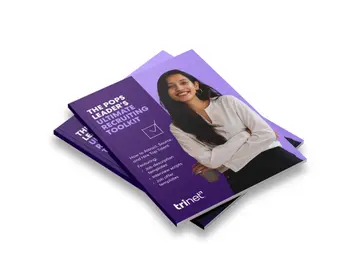If an applicant has two good references and one bad reference, how should the company make the decision whether to move forward with the candidate?

Table of contents
- 1.Ask Who Before You Ask Why
- 2.Dig Deeper
- 3.Questions to Ask
- 4.Remember
- 5.Final Tips
- 6.Helpful Links:
The company should consider the candidate's reference carefully.
A questionable reference, for instance, can be a red flag. However, it isn't advisable to blindly accept the word of the reference provider. Before jumping to conclusions, take a second to consider the factors involved.
Ask Who Before You Ask Why
Who provided the reference in question? If you know and trust the reference provider, you can feel comfortable passing on the candidate. But if you don't know the reference provider, as is most likely the case, you may want to weigh other factors in your decision.
Dig Deeper
What if an isolated incident happened when the candidate first started? What if they weren't a perfect cultural fit? These things could negatively influence a candidate's reference, and yet don't necessarily bear on the candidate's compatibility with your organization.
If after talking to a reference you are left with more questions than conclusions, you may want to follow up with a series of more specifically aimed questions.
Questions to Ask
During your initial or follow up conversation with the reference provider, ask quality questions. Questions to consider include:
- How long have you known the candidate?
- What did the candidate do well / not so well?
- How did the candidate react to stressful situations?
By getting a sense of the reference's relationship with the candidate, you can gain insight into potential biases they may be holding. Be sure to ask about the candidate's positive and negative qualities to try to tease out a more objective perspective.
Remember
Ideally, references act in a way that is purely professional and objective, but it's worth remembering that they are people, and are therefore capable of error. Although it shouldn't happen, personal preferences, relations and/or histories can certainly impact references.
Final Tips
A bad reference is worth consideration. If it's coming from a trusted source, then it may be grounds for rejection. In most cases, one poor reference shouldn't end consideration of a great candidate.
Helpful Links:
What Every Recruiter Should Know About Candidates With Questionable References - EreMedia.com
Employee Rights Book - Nolo.com
7 Great Questions to Ask an Applicant's References - EreMedia.com

Lauren Perales
Table of contents
- 1.Ask Who Before You Ask Why
- 2.Dig Deeper
- 3.Questions to Ask
- 4.Remember
- 5.Final Tips
- 6.Helpful Links:






